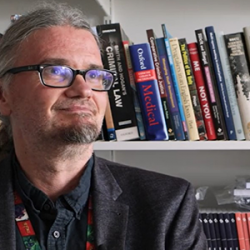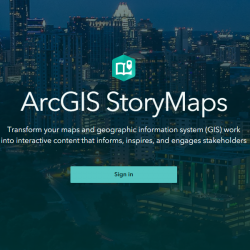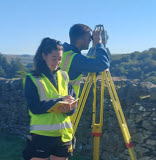Support to Study in Sociology
The Sociology programme embedded a clearer Support to Study model, giving students flexible, personalised deadlines to support wellbeing alongside work pressures, improving student autonomy, mental health outcomes, and satisfaction, despite increased staff workload.









